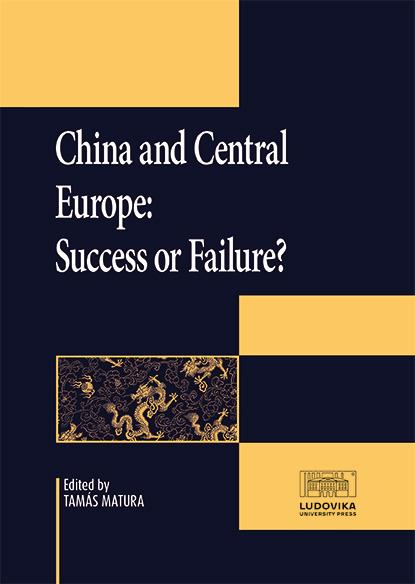Sino–Hungarian Relations in the 21st Century
Synopsis
Seven years have passed since Hungary had the pleasure to welcome then Premier Wen Jiabao, and to organise the first China–Central and Eastern European Countries Economic and Trade Forum, the foundation of the cooperation between Beijing and its partners in our region, or the 16 + 1 initiative as we know it today. Indeed, relations to China have been high on the political agenda of Hungary in the past few years, as it promised financial liquidity and creation of jobs amid the crisis-ridden economic environment of the European Union. Despite expectations, however, the level of Chinese investment is still relatively low in the country, while Budapest is targeted by the criticism of the EU and some Western European countries. The following paper offers an overview of the recent political and economic developments in Sino–Hungarian relations.
Keywords: China, Hungary, politics, trade and investment



.svg)
